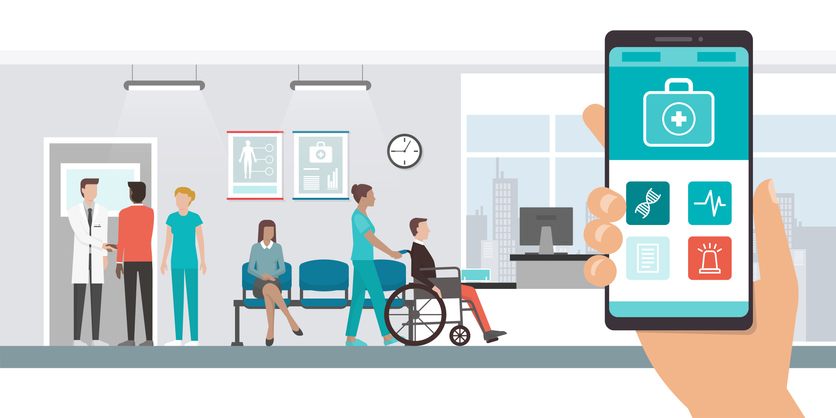A clinical trial has shown that diagnostics company NanoLogix‘s (OTCBB: NNLX) rapid bacteria-detection test kits for Group B strep are, in fact, rapid.
The trial at the University of Texas Health Science Center found that the company’s technology detects Group B Streptococcus (GBS) within four to six hours of incubation, according to a statement from the Hubbard, Ohio-based company.
Current methods of detection take about 24 to 48 hours of incubation to obtain results, according to the American Pregnancy Association.

With the Rise of AI, What IP Disputes in Healthcare Are Likely to Emerge?
Munck Wilson Mandala Partner Greg Howison shared his perspective on some of the legal ramifications around AI, IP, connected devices and the data they generate, in response to emailed questions.
The trial results were published in the American Journal of Perinatology. “It’s the first true third-party, peer-reviewed valdation of our technology,” CEO Bret Barnhizer said. “To us, it’s huge.”
GBS is a bacterial infection that can be passed to a woman’s baby during delivery. The bacteria is normally found in the vagina and/or rectum of about 25 percent of all healthy adult women, the American Pregnancy Association said.
The U.S. Centers for Disease Control and Prevention has recommended routine screening for vaginal GBS for all pregnant women, to be performed between the 35th and 37th week of pregnancy.
NanoLogix’s test could slow the development of antibiotic-resistant strains of GBS, according to Dr. Jonathan Faro, the study’s author.
Here’s why: “Almost all” women who are deemed to be at-risk for GBS and go into preterm labor are given antibiotics to prevent GBS infections, according to Faro. While that’s been effective in protecting newborns, it’s also “suspected” to have led to the development of antibiotic-resistant strains of the bacteria. The thinking is that by more quickly obtaining test results, NanoLogix’s technology could lead to fewer women receiving antibiotics in the first place, and thus fewer strains of antibiotic-resistant GBS.
The company expects to file for 510(k) regulatory clearance of the test by the end of September, Barnhizer said.
NanoLogix is also looking to obtain U.S. Food and Drug Administration clearance for rapid-detection test kits for several other types of bacteria, including E. coli, cholera, salmonella and anthrax.














